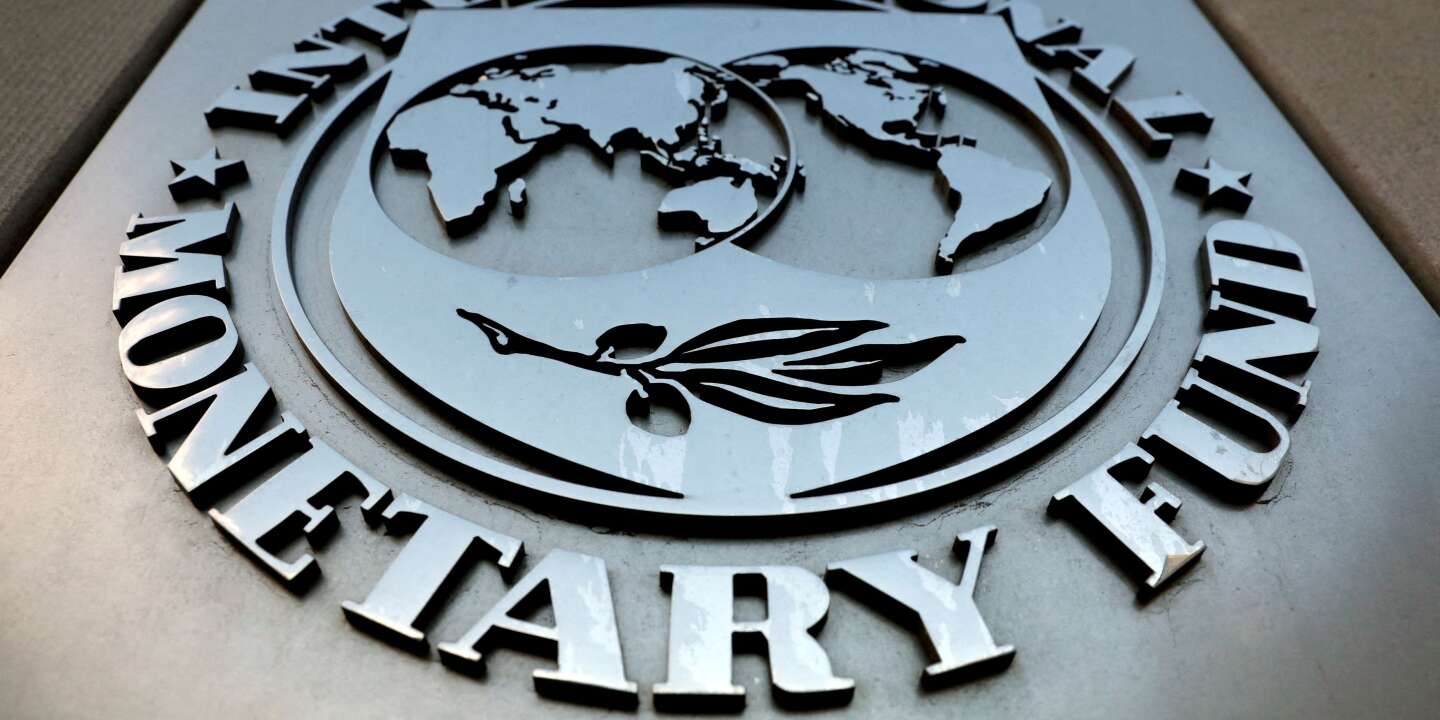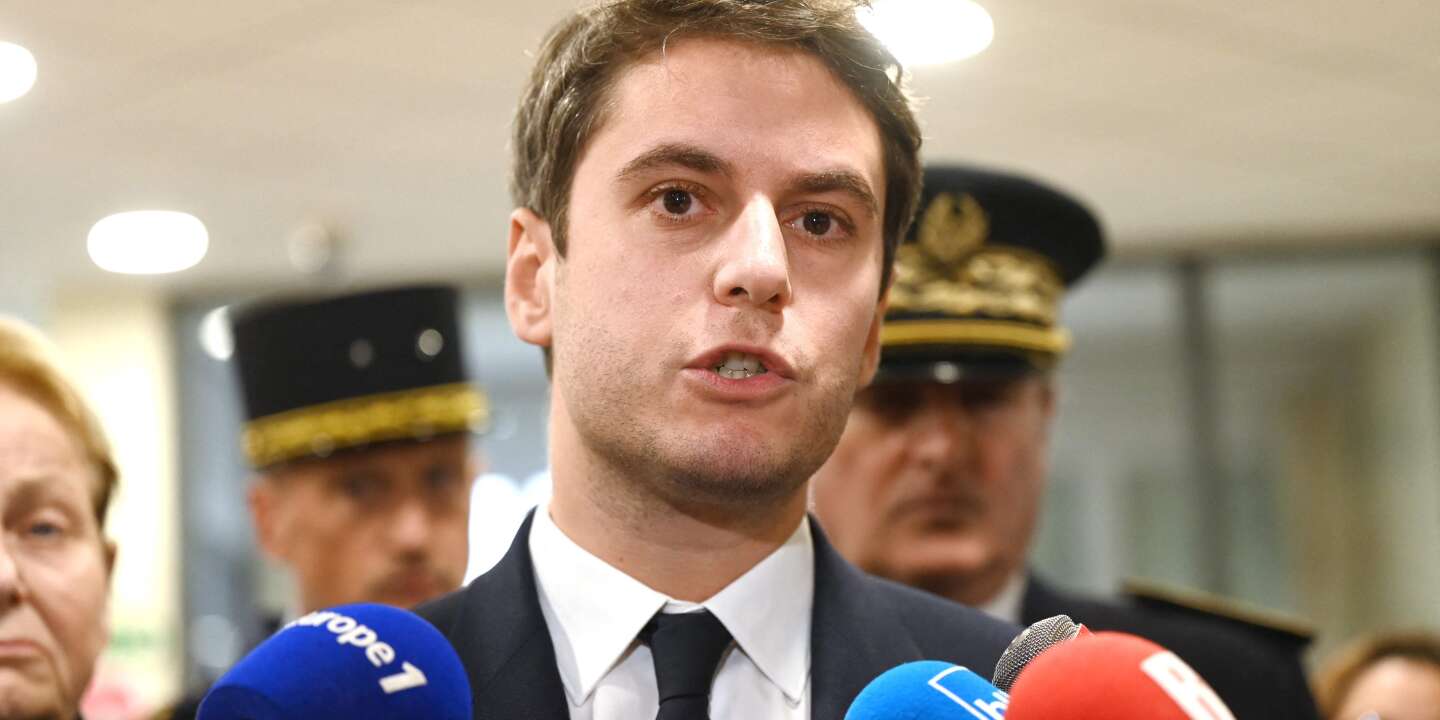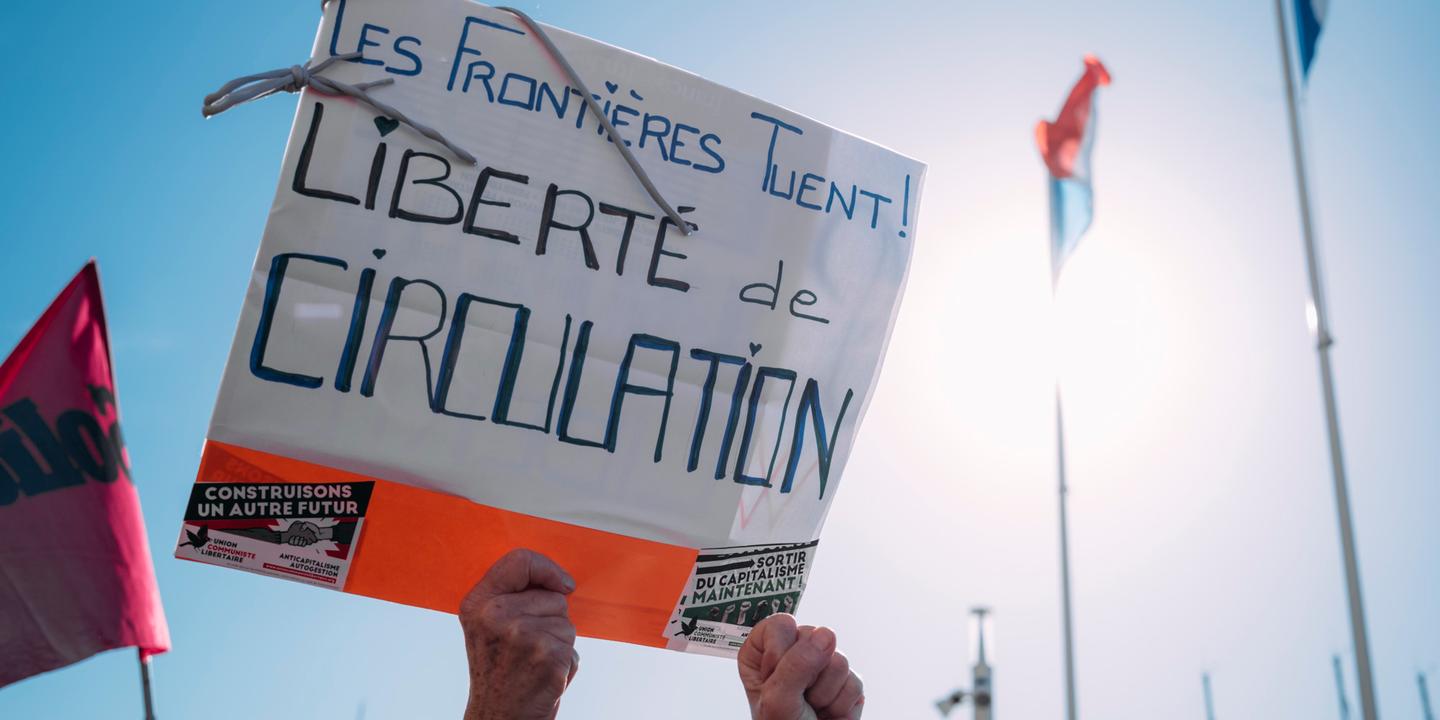Gwelan (too)
Jedi
On the other hand, in the US, on the same day, it's another public shooting. I don't know if I don't prefer the bad mood of my compatriots, even if I notice that it doesn't get any better, but at least it doesn't kill anybody.
The government has released "exceptional funding" of around three million euros to help the departments which received more unaccompanied foreign minors in 2021 than the previous year, according to a decree published on Tuesday in the official journal.
“The departments having received an additional number of unaccompanied minors (MNA) on December 31, 2021 compared to December 31, 2020 are allocated exceptional State funding”, can we read in the decree of November 21 concerning these young people, whose care is the subject of recurrent controversy.
This additional funding "is set at 6,000 euros per young person for 75% of additional young people supported by social assistance for children" of the departments concerned, according to the text signed in particular by Prime Minister Élisabeth Borne, the Minister of the Economy Bruno Le Maire and the Secretary of State for Children Charlotte Caubel. www.leparisien.fr

 www.lemonde.fr
www.lemonde.fr
"Deficit reduction should not be a concern while the crisis is ongoing," the International Monetary Fund (IMF) said in 2020, in the midst of the global Covid-19 pandemic. Two years later, while the war in Ukraine has slowed down the recovery, caused energy prices to soar and increased deficits, the Washington-based international organization has become much less complacent, particularly with regard to France. In its annual report on France, published on Monday, November 21, the IMF sent a thinly-veiled warning, calling on the country to speed up the pace of its public spending cuts and urging it to restrict its support measures only to its most vulnerable citizens in response to the energy crisis.
You can share an article by clicking on the share icons at the top right of it.
The total or partial reproduction of an article, without the prior written authorization of Le Monde, is strictly forbidden.
Read more Macron prolongs 'whatever it takes' economic approach to energy crisis
"We have supported the 'whatever it takes' measures, but now it is time" to end them, said Jeffrey Franks, IMF mission chief for France, at a press conference. Mr. Franks was presenting the conclusions of the mission which, each year, reviews France's economic, budgetary and financial situation, as provided for in Article IV of the organization's statutes.
The message is a clear warning, as the government is preparing to release an additional €50 billion to support households and businesses indiscriminately in 2023, as part of the budget currently being debated in Parliament, and as interest rates rise.
It also contrasts with the recommendations made to Germany in July. At that time, the IMF deemed the country's fiscal stance for 2022 "appropriate," and even urged Berlin "to overcome long-standing impediments to a rapid and decisive increase in public investment." Germany has since announced a €200 billion package to help households and businesses facing energy price inflation.
Read more Macron promises aid for French businesses amid energy crisis
France has not, however, entered the energy crisis with its finances in the same state as those of its neighbor. Nevertheless, it has mobilized considerable sums (more than €100 billion since the fall of 2021, in total) to absorb the bulk of price rises for households.
While the IMF admits that this has enabled it to keep inflation below the level of other European countries, this has come at the cost of a massive increase in spending, added to the hundreds of billions already spent to support the economy battered by Covid-19, and fueling a new....Continued

 www.lemonde.fr
www.lemonde.fr
You can share an article by clicking on the share icons at the top right of it.
The total or partial reproduction of an article, without the prior written authorization of Le Monde, is strictly forbidden.
The French government on Tuesday, November 22, expressed shock after a tax inspector was stabbed to death as he was trying to audit the books of a business owner in the north of the country.
The murder victim, a 43-year-old civil servant for the tax authorities, was found dead on Monday, killed "most likely by repeated stabbing", the prosecutors' office in the northern French city of Arras said.
The suspected killer, a 46-year-old antiquities dealer, was then believed to have killed himself with a firearm, it said. The suspect, described by the local mayor as "an ordinary guy", locked up the tax inspector and a female colleague during a tax audit of his business, and tied them up, it said.
The Arras chief prosecutor, Sylvain Barbier Sainte-Marie, told reporters on Tuesday that the presumed killer may have planned the murder well ahead of the agents' visit. Police had found clamps used to tie up the agents "which were probably purchased before the act", according to the prosecutor. "Early evidence seems to point to a premeditated act," he said.
Budget Minister Gabriel Attal said earlier that "the republic is weeping for one of its own", calling it "revolting" that a public servant was killed "because he did his job".
'Potentially dangerous' job
The inspector arrived Monday afternoon at the antique dealer's home, accompanied by a colleague, to check his accounts.
Mr. Attal said usually agents were sent on tax check missions on their own, but this time there was backup because there had been tensions during previous visits to the antique dealer's business.
Prosecutors said the businessman tied them up and stabbed the inspector, leaving the colleague "terribly shocked" but otherwise unharmed. A union for tax officials said the case showed that its members had a "potentially dangerous" job.
The dealer, a divorced father of two, moved four years ago to the hamlet of Bullecourt, its mayor Eric Bianchin told press agency Agence France Presse (AFP). He bought a farm from where he sold bric-a-brac which he picked up at auctions and yard sales around the area.
He was "an ordinary guy", the mayor said, describing him as "helpful, and well-integrated in the village" of some 250 people. A neighbour, Geoffrey Fournier, described the presumed killer as "discreet" and "apparently hard-working", whose business "seemed to be doing OK".
The French parliament observed a minute of silence in memory of the tax inspector. On Wednesday there will be ceremonies in regional tax centres in his honour, Attal said. Le Monde with AFP

 www.lemonde.fr
www.lemonde.fr
Votre post me trotte dans la tête mais je ne sais pas trop quoi témoigner pour continuer la réflexion par manque de confiance en la pertinence de ma pensée; aussi je vous donne mon retour en espérant qu'il soit pertinent, sans trop développer.On the other hand again, and here I would like to read you about this, it contributes to a certain form of detachment from this world. When I was twenty years old, being of the "we can change the world" generation, my passion for my fellow human beings was great. I sincerely wished us a better future. And then, I grew up and old through this evolution of the society that I rather qualify as an involution today. And the more it goes, the less I care.
This shouldn't be, because I have children, grandchildren and cats, but it's a bit like love, it's not always obvious to understand why it goes away.
It was gradual. I started by thinking I should be a kind of little black duck. Then I told myself that I was belonging to the world to come and not to the one that is dying. Now that my life is largely done, I would like to be wiser and more full of love for others, but nothing helps. I have a lot of love for nature, for animals, for some of my relatives and for some beautiful people that I still manage to admire, but overall, I would go so far as to say that I have come to admit the very idea of the disappearance of the human species.
I'm a little ashamed of that, but I can't help it. The Covid may have been the layer too much. I don't want to be a knight anymore. I watch these crowds hypnotized by the Pied Piper and very eager to go drown. Up close, I always say something when there’s an occasion , but from afar, I just say: OK, go ahead guys!
Global Intel Watch said:- French documentary confirms long-standing rumors that police union made the decision to remove interior minister Castaner, which was accepted by president Macron. Around that time, Macron's govt made an important right-wing turn, having since made several major decisions regarding Islam, security and immigration, potentially under police pression too.
SGP police union leader Yves Lefevre has been described as the leader of the movement to remove Castaner.
Since then, the documentary says, police has been under police union control, and police unions have tried to expand control of the larger state apparatus, trying for example to pressure judicial system.
This whole story heavily puts under question the nature of the regime in France. It is now obvious that the civilian government, while it has probably still some authority is heavily under coercive influence from police unions. Obviously, as we don't have full access of what's happening behind the scenes, we don't know how much effective power civilian govt or police unions have. But reports explicitly indicate that police is now de facto a "state within the state".
This weakening of the civilian government was probably caused by the Yellow Vests protests, which proved French liberals had lost popular legitimacy, thus emboldening hostile actors within the police to take control. Terror attacks also played a role. Basically, security forces became bigger than the system.
It is unclear whether the civilian government is able, and even willing, to retake full control of the state apparatus. The documentary shows some actors are willing to try for sure, but it is unclear any serious attempt is being planned.
There is no word to describe how much, according to his own political philosophy, Macron's decision to serve as a "constitutionnal monarch" for police unions is condemnable. Macron could've tried to risk it all and give French rule of law a last stand, which could've protect it. He didn't. He caved.
Police union's influence was basically an open-ended secret for 2 years. Now it's becoming more and more public. This means Macron's facade of control will increasingly fade away. The decision to go ahead with these revelations are probably caused by the incoming police unions elections, which are scheduled to be held soon. Unclear who is favorite to win those elections. Yves Lefebvre's decision to say publicly he fired Castaner was probably a campaign move.
The fact police unions collaborated with the documentary portraying them as a "state within the state" shows this documentary could be a show of force by the police unions ahead of Union elections rather than a genuine attempt at stopping them.
To make a long story short.A post from the Telegram channel "Global Intel Watch", which I thought was interesting. Can French Forum members comment on how accurate this might be?
I saw something about it on a French news channel in Telegram which said:A post from the Telegram channel "Global Intel Watch", which I thought was interesting. Can French Forum members comment on how accurate this might be?
The police unions would dictate their law to the Minister of the Interior: they would have a hand in careers, promotions and transfers.
After the death of Cedric Chouviat, Interior Minister C.Castaner had spoken of "bavure", and had promised to fight racism and to put an end to the technique of the stranglehold key.
The police unions tell Complement D'enquete how they got Castaner's skin in a few days.
They went around the TV sets and went on strike to show their protest.
They finally got their way with Castaner's resignation.
"A minister, that passes. A trade unionist, it remains. "
Via: the program of complement of investigation "Police: when the unions make the law"
At the end of 2019, in a police station in Pau, two police officers are unleashed against a 16-year-old teenager, who ends up with a pierced eardrum. Sentenced to 15 months suspended prison for voluntary violence, the two officials are removed from the police. But in Pau, the unions, including Alliance, opposed the Ministry's decision and obtained the reinstatement of their colleagues. Today, these two policemen are again on the field. How did the unions manage to do this? What are their methods and their weight in the police force? In this very exposed profession where the right to strike is prohibited, 70% of the 150,000 French police officers are unionized.
